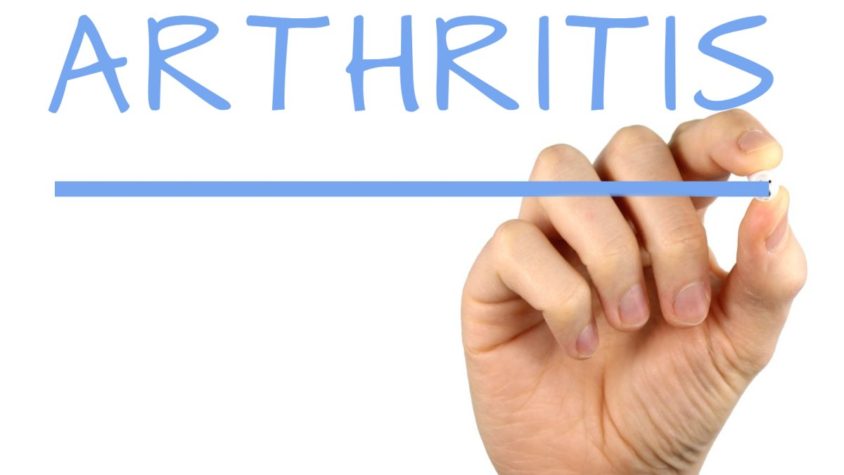By Dr. Riffat Sadiq Approximately 300,000 children in the United States suffer from a disease called Juvenile Arthritis, an umbrella term used to identify various autoimmune/inflammatory conditions and pediatric rheumatic diseases that develop in children under the age of 17. There are seven types o...
By Dr. Riffat Sadiq
Approximately 300,000 children in the United States suffer from a disease called Juvenile Arthritis, an umbrella term used to identify various autoimmune/inflammatory conditions and pediatric rheumatic diseases that develop in children under the age of 17. There are seven types of Juvenile Arthritis. These include Juvenile Idiopathic Arthritis (JIA), Juvenile Dermatomyositis, Juvenile Lupus, Juvenile Scleroderma, Kawasaki Disease, Mixed Connective Tissue Disease and Fibromyalgia.
Although symptoms vary on a case-by-case basis for Juvenile Arthritis patients, common conditions include pain, swollen joints and lymph nodes, redness, warmth, stiffness, and loss of motion in the limbs. The disease also has the potential to affect
the skin, muscles, and gastrointestinal tract. It can persist into adulthood and change over time. Symptoms are experienced through cycles of remission, meaning they may disappear for a time before returning and worsening during periods known as flares.
Unfortunately, there is no permanent cure for Juvenile Arthritis, but it is highly treatable. In fact, an estimated 80,100 children in the United States are currently undergoing some form of treatment for arthritic conditions. Treatment plans attempt to relieve inflammation through medication, physical activity, and healthy eating. It is also important to help children address the emotional and social affects that the disease can have on their lives. The disease has the potential to be deadly if it is not treated properly, however, most children with Juvenile Arthritis are expected to live normal lives by following an individualized treatment plan.
Despite its impact on a multitude of children across the nation, many Americans are unaware of Juvenile Arthritis. It is important to contact your doctor to learn more about early detection and treatment of the disease.

